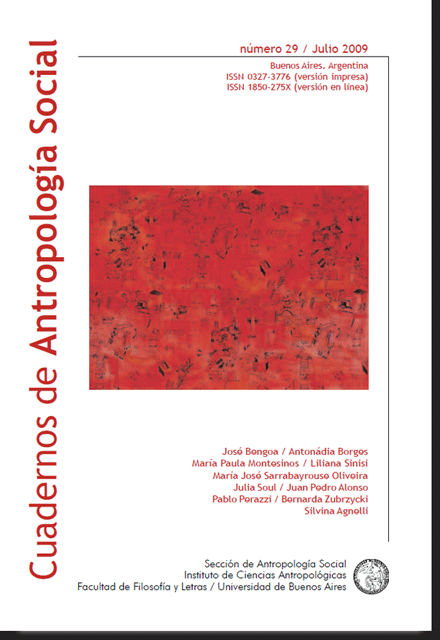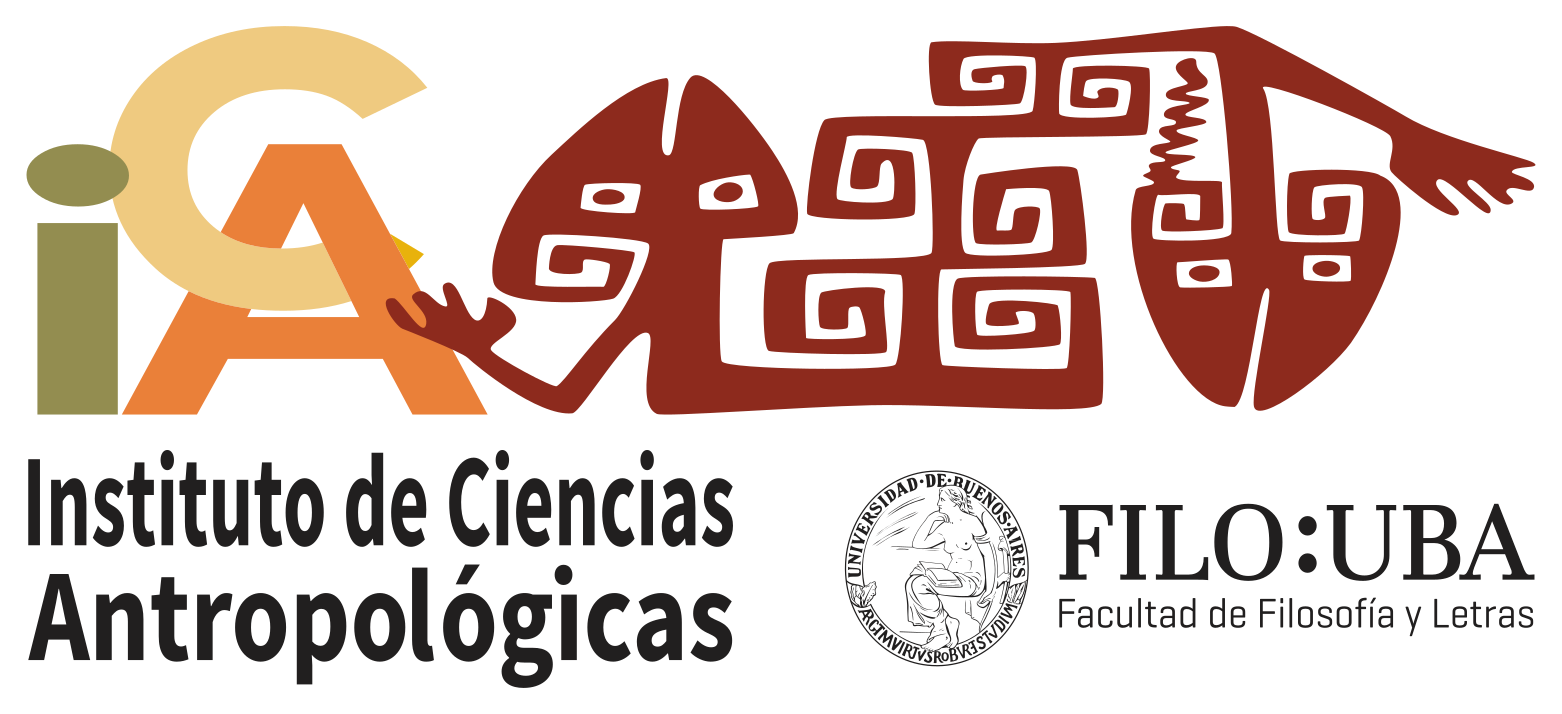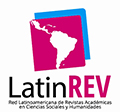Exploring “popular” ethnography: anthropological insights from Brazilian satelite cities and South African townships
Abstract
“Popular” ethnography is defined here as the process in which anthropologists and other people are engaged in a mutual research relationship. This simple statement comes from the fact that all of us spend a large part of our daily lives asking questions, formulating hypotheses, testing alternatives, and creating theories about our lives and those of Others. When we do not consider the people whom we do research with as subjects we reject the common tendency of categorizing them as populares. We avoid elevating a small group of so-called sages above the common masses. In other words populares cannot be considered intellectually beneath a dominant class. The goal of pointing out social constraints should not allow anthropologists to corroborate the same domination they supposedly are against. The research experience in Brazilian satellite cities and in South African townships help us challenge class-based analytical models. By not sustaining an elitist relationship, we have learned how important it is to assume a mimetic perspective of understanding of how people investigate their own lives and of those around them.Downloads

Esta obra está bajo una Licencia Creative Commons Atribución 4.0 Internacional
Cuadernos de Antropología Social sostiene su compromiso con las políticas de Acceso Abierto a la información científica, al considerar que tanto las publicaciones científicas como las investigaciones financiadas con fondos públicos deben circular en Internet en forma libre, gratuita y sin restricciones.
Los contenidos y opiniones expresadas en los artículos publicados son de entera responsabilidad de sus autores.
Los autores/as que publiquen en esta revista aceptan las siguientes condiciones:
- Los autores/as conservan los derechos de autor y ceden a la revista el derecho de la primera publicación, bajo la licencia de atribución de Creative Commons, que permite a terceros utilizar lo publicado siempre que mencionen la autoría del trabajo y a la primera publicación en esta revista.
- Los autores/as pueden realizar otros acuerdos contractuales independientes y adicionales para la distribución no exclusiva de la versión del artículo publicado en esta revista (p. ej., incluirlo en un repositorio institucional o publicarlo en un libro) siempre que indiquen claramente que el trabajo se publicó por primera vez en esta revista.















